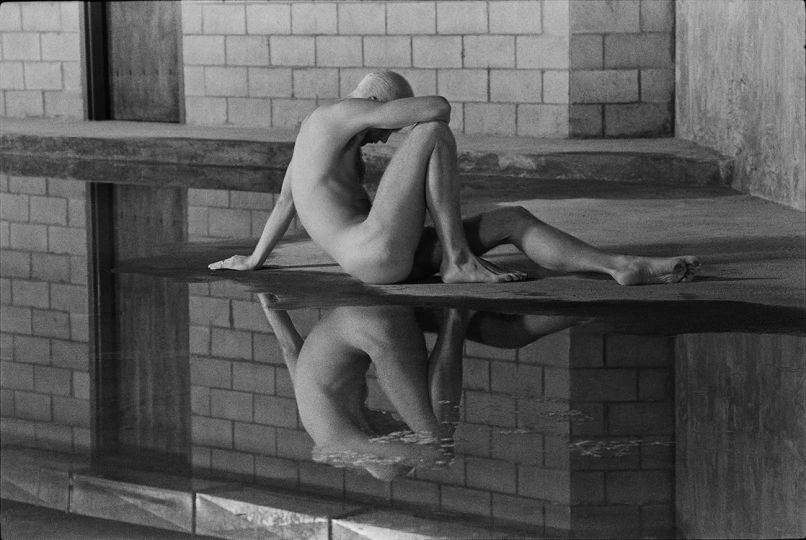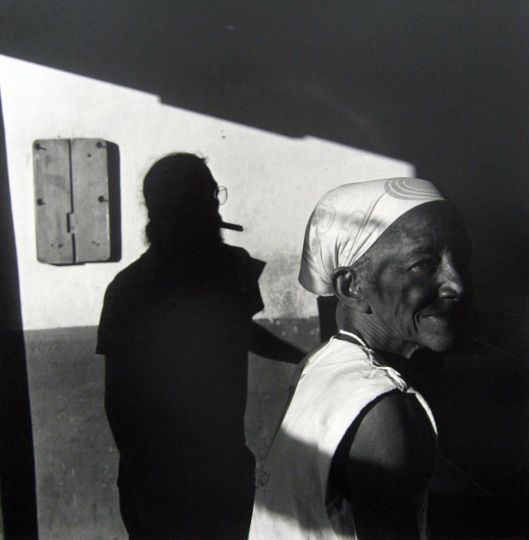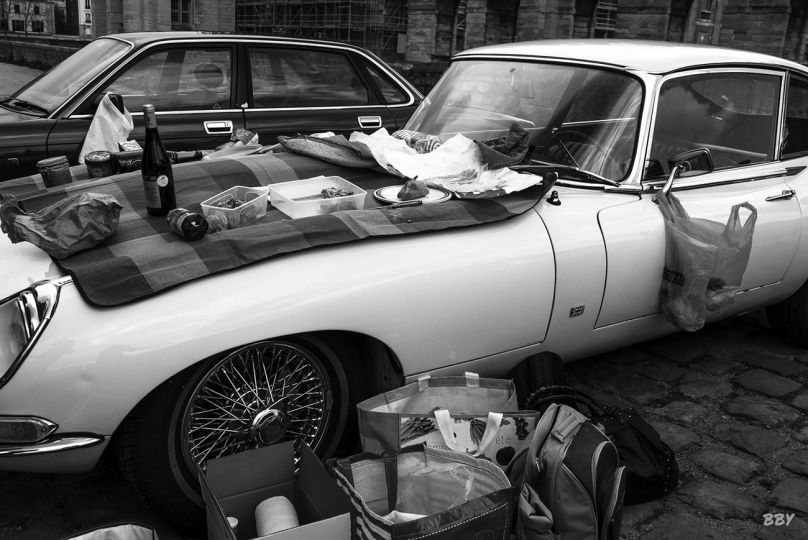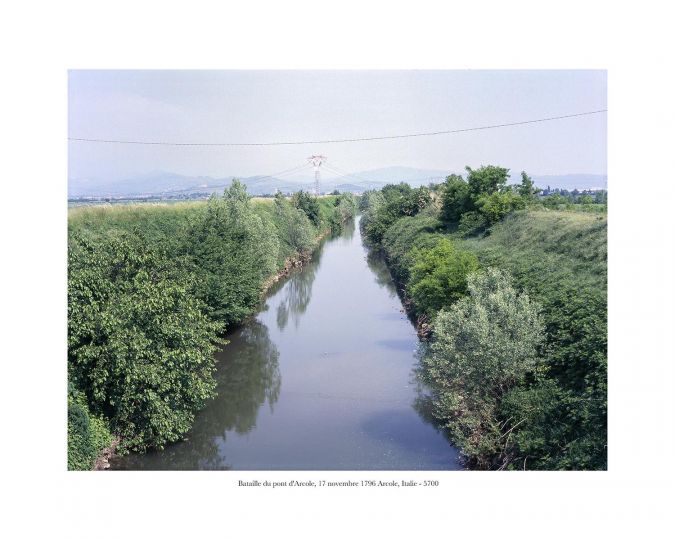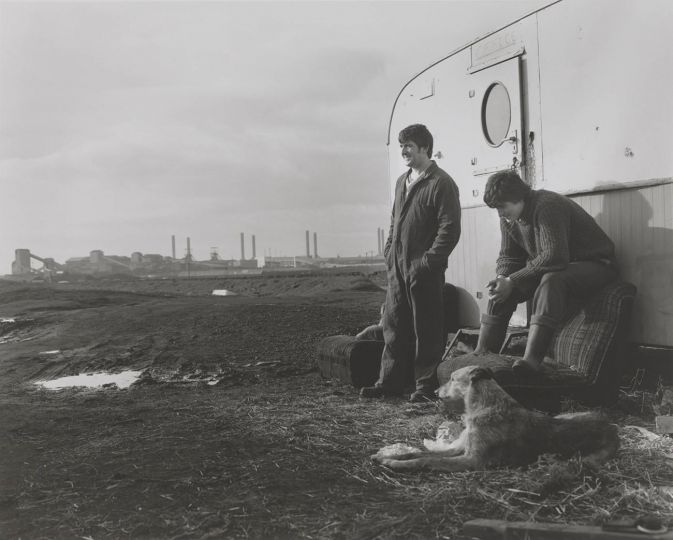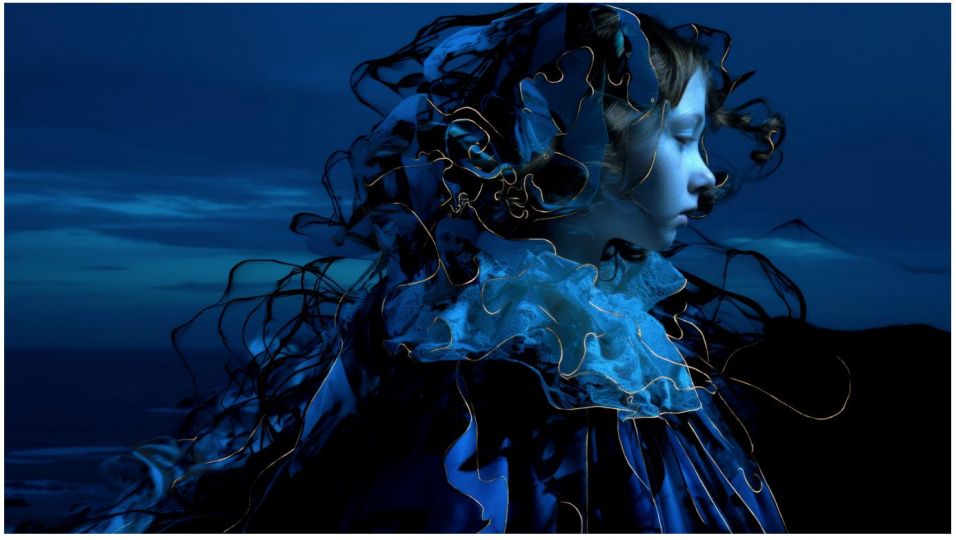In this round table organized at the BNF, the speakers discussed the major challenges represented by the arrival of artificial intelligence in the cultural field. A revolution whose scale is difficult to perceive, but which already raises many questions and promises to change the world of creation.
“I consider that AI is a kind of muse that broadens my inspiration,” confides songwriter Jean-Michel Jarre. Invited to this round table, he talks about how he started working with AI on his own pieces of music and how natural it was to take advantage of a new technology. “Since Antiquity, science and music have been linked,” recalls Cécile Rap-Veber, General Director of the Society of Authors, Composers and Music Publishers (SACEM), who adds: “creators are the first to discover an innovation and use it.“
In fact, AI is no longer new in the cultural field. Not a day goes by without an artistic work hatching with the machine. “40% of authors have already tested AI software compared to only 23% of inhabitants in France” reveals Marie-Anne Ferry-Fall, General Director of the Society of Authors in Graphic and Arts, which is based on a survey carried out internally. “60% considered the results to be impressive and 85% of them showed concern about the future of AI. » she also summarized.
Intellectual property
In this context, how can we imagine a fair “share of value”, an ethic that allows authors to be properly remunerated? “Generative AI is a real pillage of data,” says Pascal Rogard, general director of the Society of Dramatic Authors and Composers (SACD), who even goes so far as to call companies in the sector a “band of thieves.” » “The battle we must wage is to ensure that copyright promotes creation and does not prevent innovation.” He cites, for example, Netflix, which has invested heavily in creation in France. Comments corroborated by the intervention of Alexandra Bensamoun, academic specializing in intellectual property law and digital law and commissioned by the Ministry of Culture to produce a report on the subject.
“There are three words in the letters of the term “ART”: Authorization, Remuneration and Transparency” she insists while Cécile Rap-Veber assures that “it is not too late” and that France is still at the forefront of regulation in the artistic field. This is also what Pascal Rogard recalls by giving in a few minutes the history of the SACD which was created by Beaumarchais and actors who wanted to be better paid for their work in the theater.
“AI operators have a vested interest in what creators experience,” insists Marie-Anne Ferry-Fall. Hence the importance of international law on the issue, argues Alexandra Bensamoun, concluding: “A world without culture is a world without humanity. »
By Jean-Baptiste Gauvin



